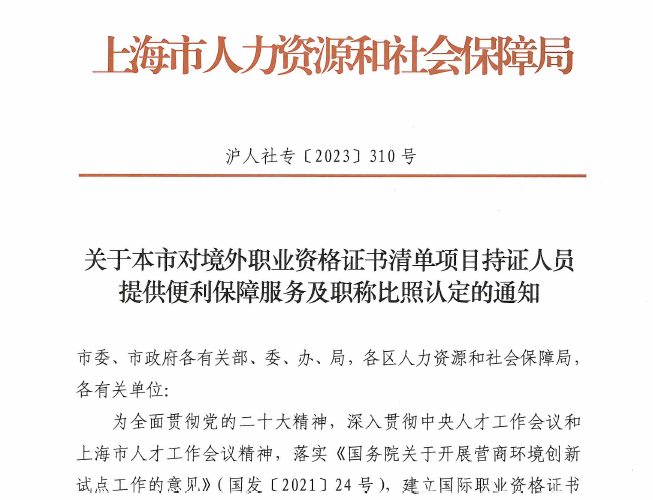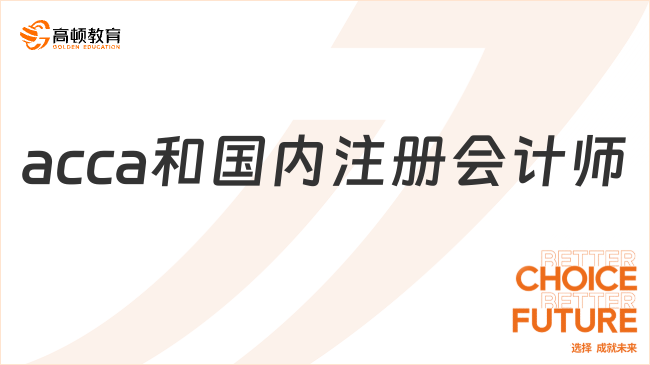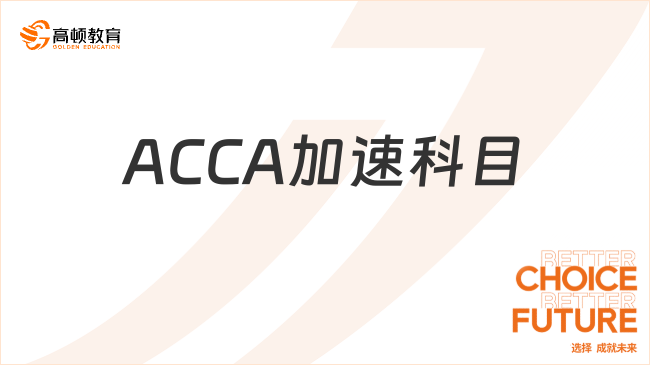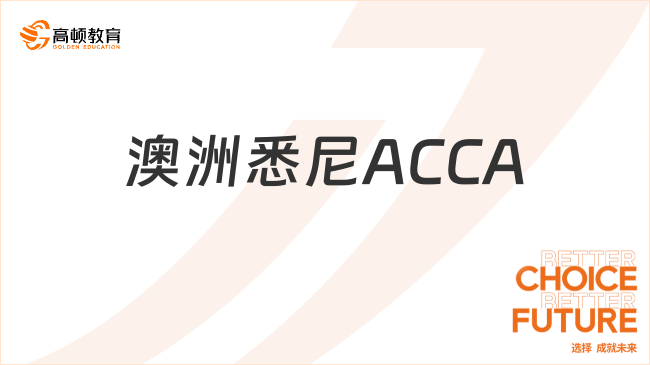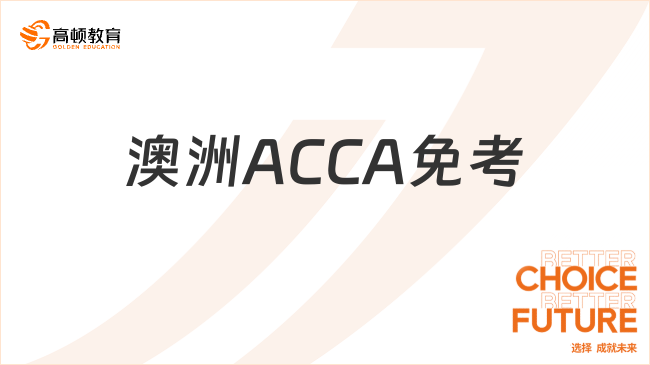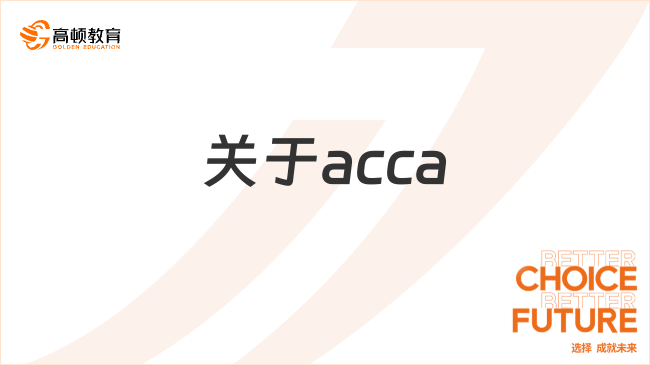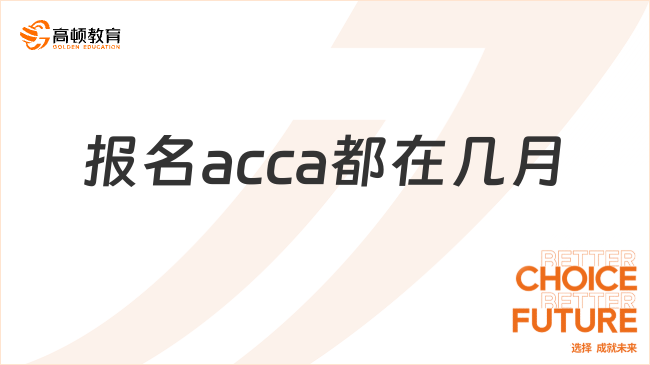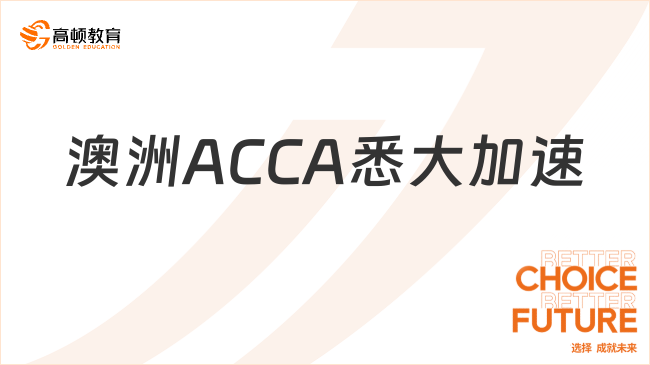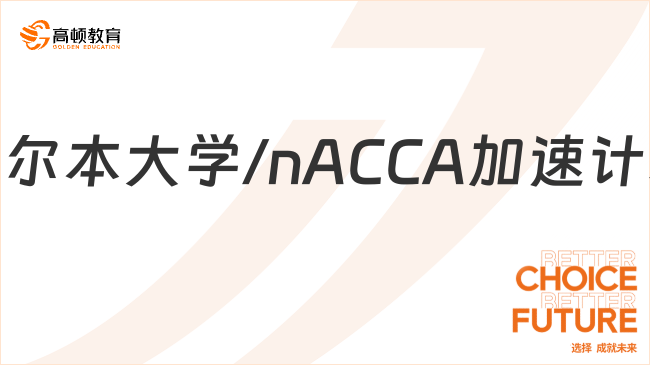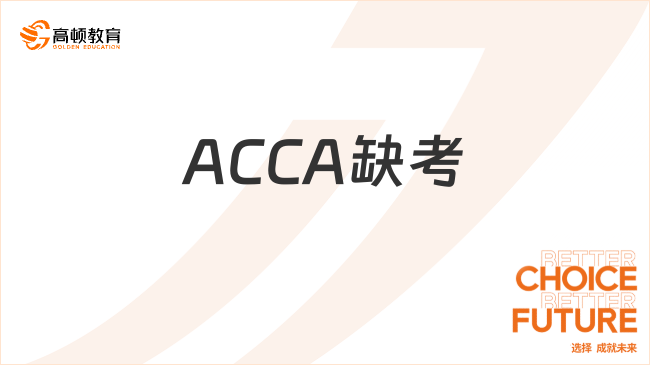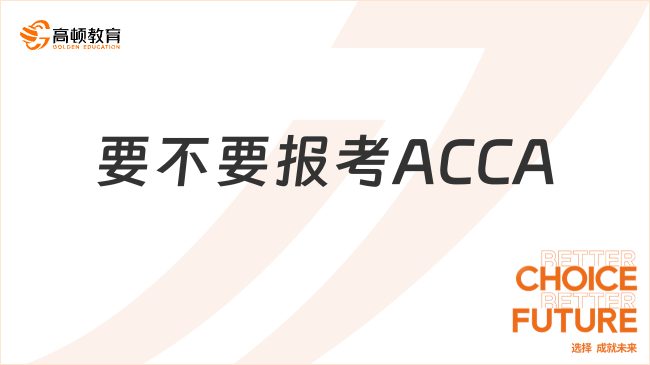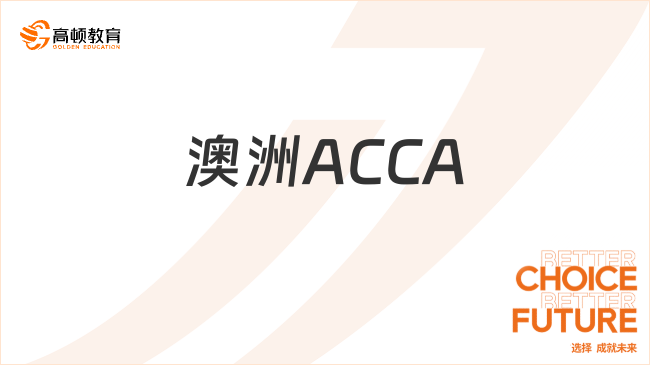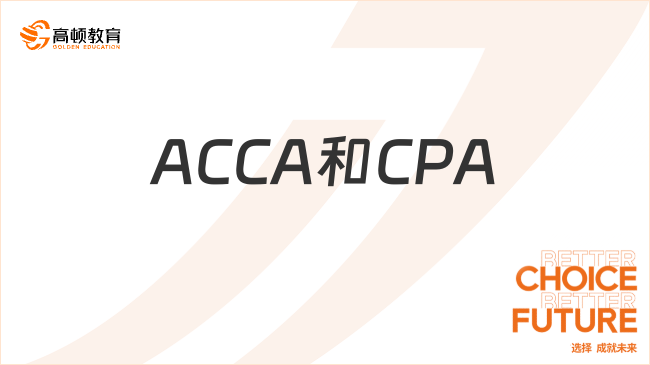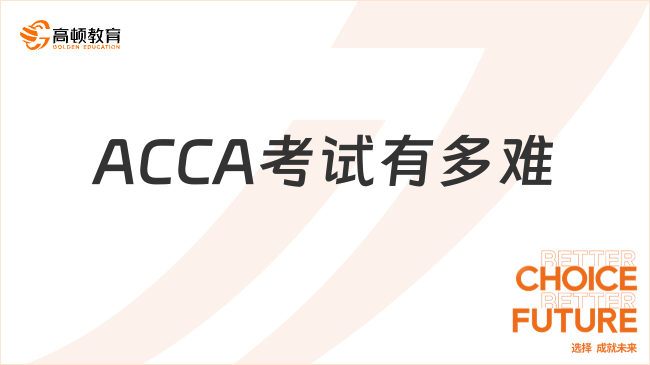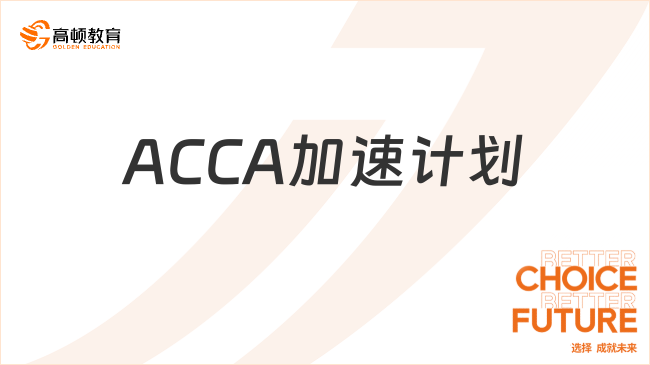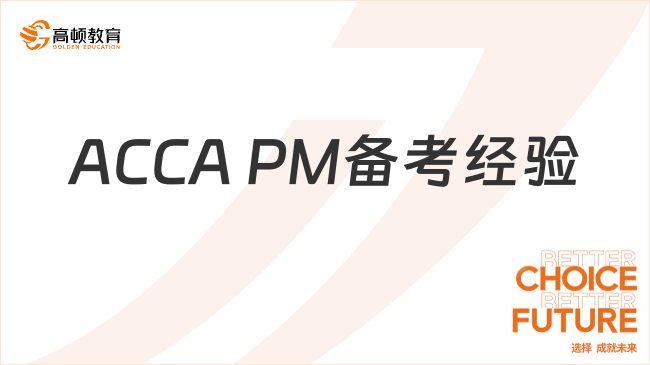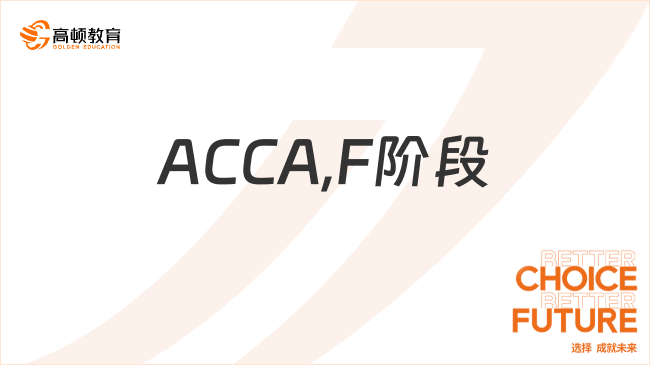ACCA发布全球中小企业反贿赂情况报告
来源:
高顿网校
2014-02-08
Respondents unsure whether legal sanctions to tackle bribery and corruption are working
A global survey of accountants working in and for SMEs shows that 62 per cent believe small and medium sized businesses (SMEs) are at risk from exposure to bribery and corruption, and one-third believe that the global financial crisis has caused businesses to be more prepared to mis-state figures in their annual accounts.
The report Combating Bribery in the SME Sector was conducted by ACCA (the Association of Chartered Certified Accountants) amongst 1,000 of its global members. The findings reveal a concern that many SMEs are not taking the right steps to mitigate the risks of exposure to bribery and corruption.
John Davies, ACCA’s head of technical, says: 'While the major focus of attention in global anti-bribery and corruption efforts up until now has been on large companies and public bodies, it should not be forgotten that SMEs make up the great majority of businesses in all countries. It is not credible that the SME sector is immune from pressures to make illicit payments in order to win or retain contracts, and our survey bears this out.
'Encouragingly, most of the businesses that responded to the survey accept that bribery is damaging not only to the reputation of the wider business environment but to their own commercial interests, and large majorities acknowledge that a commitment to combating bribery stands to enhance their own position in the marketplace.'
In the foreword, Professor Mark Pieth, chairman of the OECD’s Working Group on bribery and international business transactions says more can be achieved to tackle bribery and corruption, commenting: 'To date, 306 companies and individuals have been sanctioned under criminal proceedings for foreign bribery since 1999. At least 83 of the sanctioned individuals were sentenced to prison. One company faced combined sanctions of €1.24bn for foreign bribery. However, sanctions have only been handed down in 13 of the 40 Convention countries. More can be done.'
The global findings show that:
Thirty-one per cent think businesses have been willing to mis-state financial statements to cover up for corrupt behaviour since the onset of the global financial crisis in 2007/8
Seventy-five per cent believe high profile prosecutions would be most effective in helping SMEs reduce their bribery and corruption risk, followed by 65 per cent saying laws granting whistle-blowing rights to employees and businesses would be effective in combatting bribery and corruption.
Seventy-one per cent of respondents believe SMEs would be able to spot bribery and corruption in relation to the offer of businesses-related gifts or unsolicited payments
Seventy-seven per cent say that there is a strong business case for adopting effective anti-bribery credentials, saying this would enhance SMEs’ reputation for high standards of business conduct, 76 per cent believed that it would help them comply with legislation, and 69 per cent believed they would profit from enhanced consumer confidence in their business.
Fifty per cent of global respondents do not think anti-bribery laws should incorporate a modified regime for SMEs; the strongest support came from south Asia where 55% think that anti-bribery laws should include a modified regime for SMEs.
The strongest opposition for modifications came from Sub-Saharan Africa – 61 per cent; and Central and eastern Europe - 59 per cent.
Sarah Hathayway from ACCA UK, says: 'While these are global findings, the report has a clear message for accountants, SMEs and the government here in the UK. The full restoration of trust and confidence in the business sector can only be achieved when people believe that business is being conducted fairly and transparently. By adopting a values-based approach, businesses can help themselves and, indirectly, help to achieve the wider goal of enhancing confidence in the business sector as a whole. Accountants, who have twin responsibilities to give best advice to their employers or clients and an obligation to act in the public interest, have a major part to play in this process.'

扫一扫微信,*9时间获取2014年ACCA考试报名时间和考试时间提醒
高顿网校特别提醒:已经报名2014年ACCA考试的考生可按照复习计划有效进行!另外,高顿网校2014年ACCA考试辅导高清课程已经开通,通过针对性地讲解、训练、答疑、模考,对学习过程进行全程跟踪、分析、指导,可以帮助考生全面提升备考效果。
报考指南:2014年ACCA考试备考指南
免费题库:2014年ACCA考试免费题库
考前冲刺:ACCA备考秘籍
高清网课:ACCA考试网络课程
报考指南:2014年ACCA考试备考指南
免费题库:2014年ACCA考试免费题库
考前冲刺:ACCA备考秘籍
高清网课:ACCA考试网络课程
版权声明:本条内容自发布之日起,有效期为一个月。凡本网站注明“来源高顿教育”或“来源高顿网校”或“来源高顿”的所有作品,均为本网站合法拥有版权的作品,未经本网站授权,任何媒体、网站、个人不得转载、链接、转帖或以其他方式使用。
经本网站合法授权的,应在授权范围内使用,且使用时必须注明“来源高顿教育”或“来源高顿网校”或“来源高顿”,并不得对作品中出现的“高顿”字样进行删减、替换等。违反上述声明者,本网站将依法追究其法律责任。
本网站的部分资料转载自互联网,均尽力标明作者和出处。本网站转载的目的在于传递更多信息,并不意味着赞同其观点或证实其描述,本网站不对其真实性负责。
如您认为本网站刊载作品涉及版权等问题,请与本网站联系(邮箱fawu@gaodun.com,电话:021-31587497),本网站核实确认后会尽快予以处理。
点一下领资料
【整理版】ACCA各科目历年真题
真题高频考点,刷题全靠这份资料
下载合集
acca全科学习思维导图
梳理核心考点,一图看懂全部章节
下载合集
2023年acca考纲解析
覆盖科目重难点,备考按照计划走
下载合集
acca备考 热门问题解答
- acca考试怎么搭配科目?
-
建议优先选择相关联的科目进行搭配报考,这样可以提高备考效率,减轻备考压力,1、F1-F4:为随时机考科目,难度较低,这里可以自行随意选择考试顺序。2、F5-F9:如果你的工作的和财务会计或者审计有关、或者你比较擅长财务和审计的话,推荐先考F7和F8。你可以选择一起考ACCA考试科目F7和F8或者先考F7(8)再考F8(7),这就要取决你一次想考几门。3、P阶段:选修科目中,建议企业首选AFM!第二部分科目进行选择,如果AA和SBR掌握学生更好,可以通过选择AAA,如果SBL掌握的好,可以自己选择APM。
- acca一共几门几年考完?
-
acca一共有15门考试科目,其中有必修科目和选修科目,考生需要考完13门科目才能拿下证书。
- acca一年考几次?
-
acca一年有4次考试,分别是3月、6月、9月和12月,分季机考科目是采取的这类四个考季的模式,而随时机考则是没有这方面的时间规定限制,可以随报随考。
- acca的含金量如何?
-
ACCA证书的含金量是比较高的,从就业、能力提升、全球认可等角度来说,都是比较有优势的证书,其含金量主要表现在以下几个方面:1、国际化,认可度高;2、岗位多,就业前景好;3、缺口大,人才激励。
严选名师 全流程服务
其他人还搜了
热门推荐
-
ACCA考试查询免考的方法是什么?ACCA免考条件是怎么要求的? 2023-10-30
-
ACCA科目一共有几门?ACCA从备考到拿证需要多长时间? 2023-10-30
-
最新消息!FCCA及ACCA证书双双入选《上海市境外职业资格证书认可清单》 2023-10-20
-
昆士兰大学在校可以考acca吗?24年报读必看! 2023-10-18
-
澳大利亚国立大学在校可以考acca吗?报考详情一览! 2023-10-18
-
acca和国内注册会计师对比哪个难?一文解答! 2023-10-16
-
24年会计专业acca考试考什么?一篇文章揭晓! 2023-10-16
-
ACCA加速科目有哪些?最多可以免几科? 2023-10-16
-
澳洲悉尼ACCA加速计划是什么?留学生看过来! 2023-10-16
-
墨尔本大学ACCA加速计划是什么?一篇文章解答! 2023-10-16
-
澳洲ACCA免考是怎么规定的?详情解答一览! 2023-10-16
-
几月报考acca比较好?学姐解答! 2023-10-14
-
关于acca的详细解答,一篇文章介绍! 2023-10-13
-
报名acca都在几月?学姐解答! 2023-10-13
-
acca知识科普,新手不要错过! 2023-10-13
-
acca知识科普,新手不要错过! 2023-10-13
-
acca新手必备科普文,看这篇就够了! 2023-10-13
-
澳洲ACCA悉大加速计划攻略,考生速看! 2023-10-13
-
墨尔本大学ACCA加速计划详解,准备报考ACCA的考生速看! 2023-10-13
-
ACCA缺考有什么影响?一起来看! 2023-10-13
-
要不要报考ACCA?常见问题答疑! 2023-10-13
-
澳洲ACCA就业前景怎么样?附ACCA课程介绍! 2023-10-12
-
深度对比ACCA和CPA证书,一篇看懂! 2023-10-12
-
ACCA考试有多难?考点全面分析! 2023-10-12
-
ACCA49分有救吗?关于成绩复议一篇说透! 2023-10-12
-
进入会计师事务所应该具备哪些条件?一起来看! 2023-10-12
-
金融行业必考证书一览!你在备考哪一个? 2023-10-12
-
ACCA加速计划详解,附申请流程! 2023-10-12
-
ACCA PM备考经验分享,努力的人一定会得到一颗糖 2023-10-03
-
如何做到ACCA F阶段平均分83分?经验分享! 2023-10-02
 更多服务
更多服务








